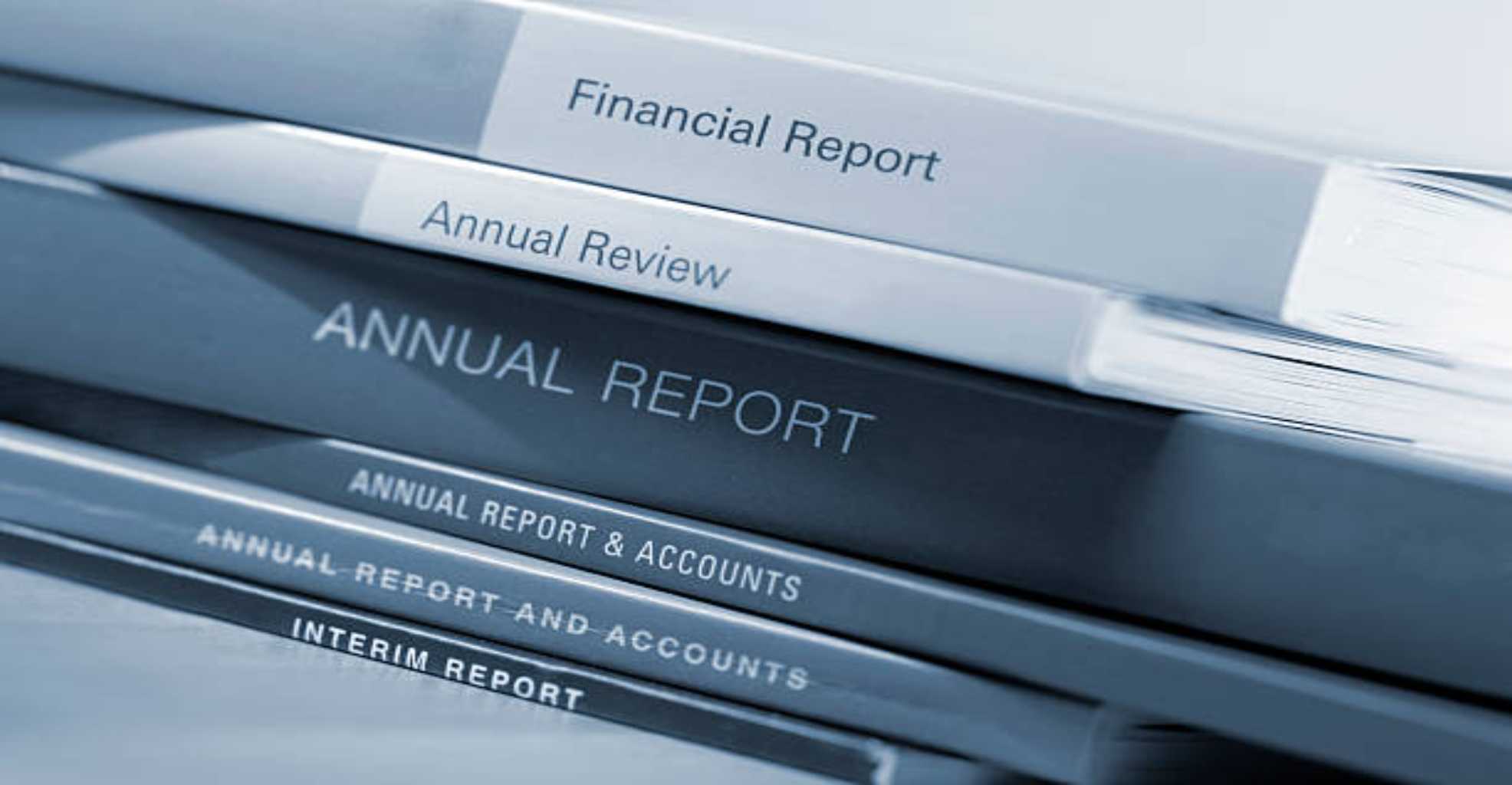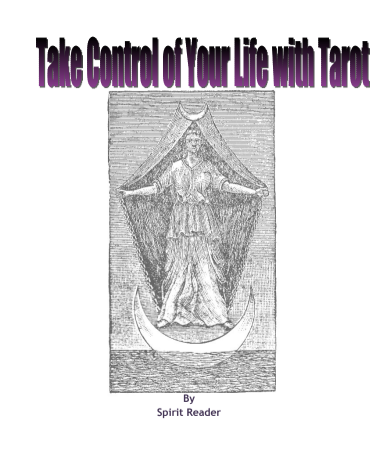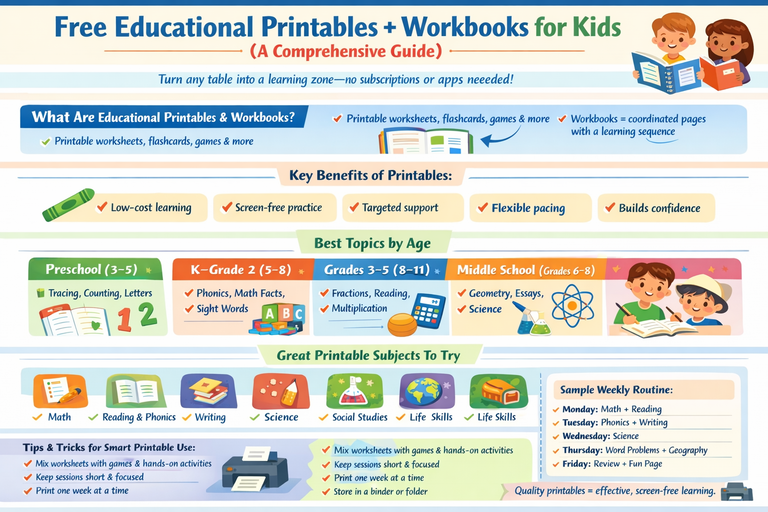Money and Morality: Exploring Ethics in Financial Fiction
Money has always played a central role in human ambition, survival, and conflict. But when it’s filtered through the lens of fiction—especially financial fiction—it takes on new meanings. In many novels, finance becomes more than just numbers and markets; it becomes a reflection of human desire, greed, virtue, and compromise. At Junkybooks, we believe financial fiction offers a unique window into how people confront the ethical dilemmas that come with wealth, power, and ambition.
In this blog post, we dive into how financial novels tackle questions of money and morality. These stories do more than track fortunes and failures—they ask: What is the price of success? Can money ever be earned without sacrifice? And what happens when ethics are compromised in the pursuit of profit?
The Allure of Wealth: Fictional Fortunes and Moral Crossroads
One of the most powerful themes in financial fiction is the seductive allure of wealth. From the roaring ‘20s to the digital boom, novels have chronicled the rise of characters who start with little and accumulate vast fortunes—often at a cost.
In F. Scott Fitzgerald’s The Great Gatsby, Jay Gatsby amasses wealth in hopes of winning back Daisy Buchanan. But his riches, shrouded in mystery and corruption, cannot buy love or respect. The novel becomes a critique of the American Dream, revealing how the pursuit of wealth often leads to moral decay rather than fulfillment.
Similarly, in Tom Wolfe’s The Bonfire of the Vanities, the protagonist Sherman McCoy—a successful Wall Street bond trader—finds his life unraveling after a single poor decision. The story explores how arrogance, privilege, and the illusion of financial invincibility can quickly turn into scandal and ruin.
These novels remind us that money itself is not evil—but the way it’s pursued and used can raise serious moral questions.
Wall Street and the Ethics of Ambition
Wall Street has long served as the backdrop for exploring financial morality. Whether in fiction or real life, it's the symbol of capitalism at its most intense. In financial fiction, it often becomes the battlefield where characters must choose between conscience and career.
Michael Lewis’s Liar’s Poker—though technically nonfiction—reads like a novel and exposes the culture of excess at Salomon Brothers during the 1980s. It showcases how traders, motivated by million-dollar bonuses, blur the lines between clever strategy and outright manipulation.
In novels like American Psycho by Bret Easton Ellis, we see Wall Street through an even darker lens. Patrick Bateman, a wealthy investment banker, is also a serial killer—an extreme metaphor for the dehumanization and moral void that unchecked capitalism can create. While highly stylized, the novel serves as a provocative critique of wealth without ethics.
At Junkybooks, we see these works as more than shocking stories. They’re cautionary tales about what happens when ambition overshadows accountability.
Financial Fiction and the "Ends Justify the Means" Mentality
Another recurring ethical theme in financial literature is the justification of unethical behavior for a greater gain. Characters in these stories often start with noble intentions but become corrupted by the financial systems they operate within.
Take The Financier by Theodore Dreiser, an early example of American financial fiction. The protagonist, Frank Cowperwood, is ambitious and intelligent but ultimately falls into fraudulent schemes to maintain his financial empire. Dreiser’s novel explores whether the same traits that make someone a successful financier also lead them toward unethical decisions.
In more modern fiction, we see similar dynamics. In Margin Call, a film that feels like a novel in tone and depth, a group of investment bankers discover that their firm is on the verge of collapse. Faced with moral and financial ruin, they choose to dump toxic assets on the market, knowing it will spark a broader crisis. The story forces the audience to ask: Is it ever justifiable to protect your own interests at the expense of others?
These fictional explorations mirror real-world events—like the 2008 financial crash—and highlight how systemic pressures often push individuals to compromise their values.
Humanizing Finance Through Storytelling
What makes financial fiction compelling is its ability to humanize finance. Balance sheets and portfolios can feel cold and abstract, but when tied to personal stories, they reveal deep truths about humanity.
In Lionel Shriver’s The Mandibles: A Family, 2029–2047, readers follow a once-wealthy American family through economic collapse. The novel isn’t just about macroeconomic policy—it’s about pride, shame, resilience, and survival. By showing how money (or the loss of it) affects relationships and self-worth, Shriver emphasizes the emotional weight of finance.
At Junkybooks, we champion these kinds of narratives because they bring nuance to topics that are often viewed in black-and-white. They remind us that behind every financial decision is a human story—of fear, hope, compromise, or conviction.
The Role of Regulation and Consequences
A powerful moral arc in many financial novels is the question of justice. Will the corrupt executive get caught? Will the whistleblower be vindicated? Will the system correct itself—or allow greed to go unpunished?
In Too Big to Fail by Andrew Ross Sorkin, readers follow real and fictionalized versions of major financial figures during the 2008 crisis. The novel-style narrative presents the eerie reality that some individuals and institutions were considered "too big" to face consequences. This raises urgent moral questions about accountability and fairness in the financial world.
In contrast, John Grisham’s The Firm and The Associate blend legal thrillers with financial corruption, where young lawyers uncover fraud, embezzlement, and conspiracy. These novels satisfy the reader's desire for justice while exploring the complex gray areas of morality in high-stakes environments.
Through these narratives, we’re invited to consider not just individual ethics but systemic integrity. Are financial crimes punished proportionately? Or is the system rigged to protect the powerful?
Lessons for Readers and Investors
One of the most valuable aspects of financial fiction is that it allows readers to explore moral dilemmas without real-world consequences. By witnessing a character’s rise and fall, readers can better understand the choices they might face in their own careers or investments.
These novels often encourage readers to reflect:
-
Would I take that risky shortcut if the reward were life-changing?
-
What would I do if I discovered fraud in my company?
-
How much is enough?
-
Can I succeed without compromising my principles?
At Junkybooks, we believe financial fiction is a powerful educational tool. It doesn't preach—it provokes. It doesn’t simplify—it complicates. And in doing so, it helps readers build not just knowledge, but wisdom.
The Enduring Power of Financial Morality Tales
As long as people chase wealth, there will be stories about what they’re willing to sacrifice to get it. From 19th-century classics to modern thrillers, financial fiction remains a fertile ground for exploring timeless ethical questions.
Whether it’s through the tragedy of Gatsby, the cold cunning of Bateman, or the idealism of whistleblowers in today’s corporate dramas, these stories remind us that finance is never just about money. It’s about values. It’s about choices. And it’s about the kind of world we want to build.
Final Thoughts
At Junkybooks, we encourage readers to embrace financial fiction not just as entertainment, but as a mirror. In a world where finance increasingly shapes our politics, relationships, and futures, these novels help us stay grounded in what truly matters: integrity, accountability, and the courage to do what’s right—even when it’s not profitable.
So the next time you pick up a novel about money, ask yourself: What would I do in this character’s shoes? The answer might reveal more than you think.







